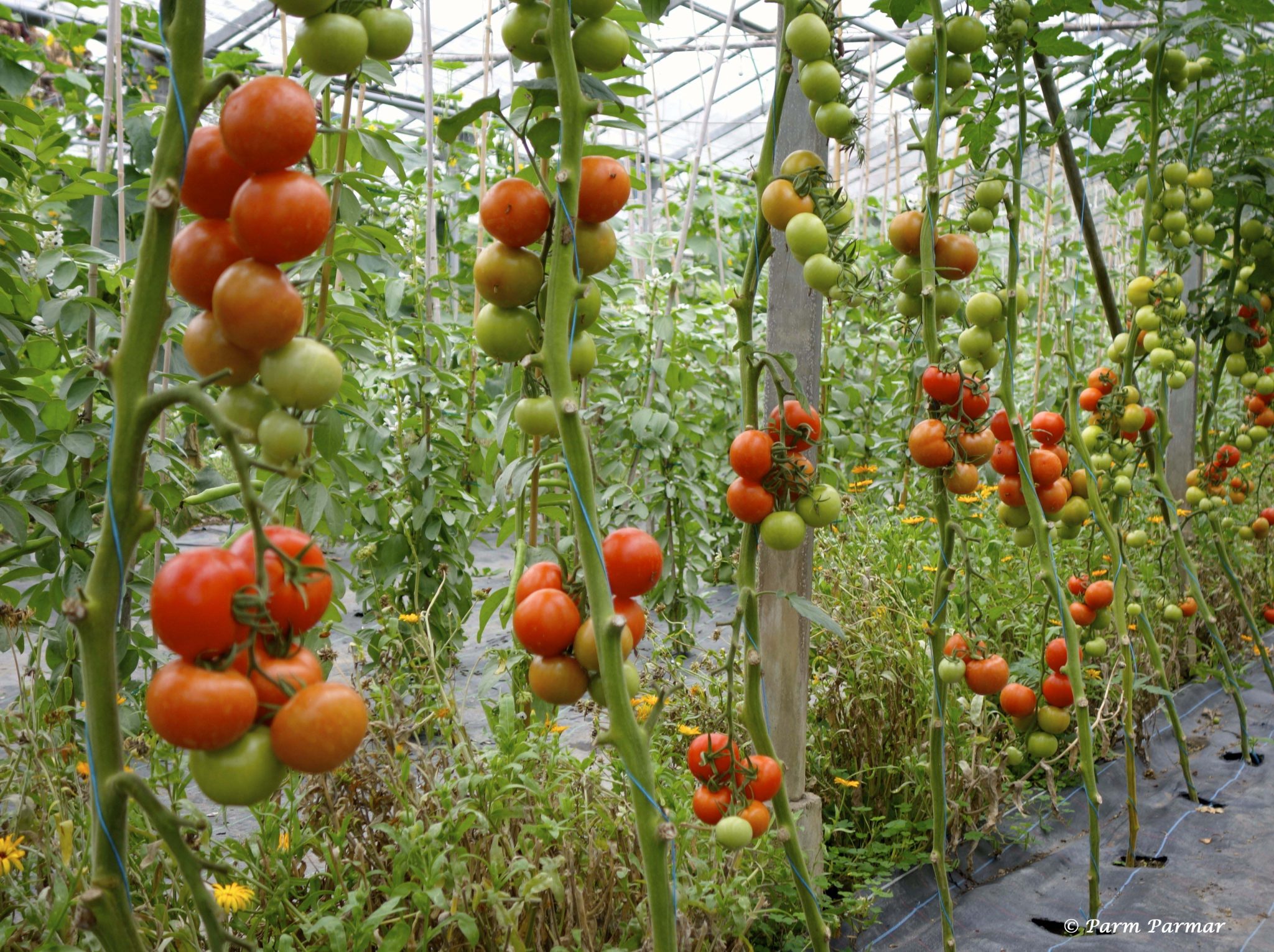After cabbages and carrots in the west and chillies in the south, it is now the tomatoes in Bumthang that cannot find buyers. With the district agriculture’s support, several households in Bumthang cultivated tomatoes on a commercial scale this year. However, farmers are disappointed without a good market for the fruit.
Sithub Dorji, 72, in Jalikhar is one of the farmers who received a greenhouse and tomato seedlings for free from the agriculture sector. He planned on making a good fortune out of the fruit and grew two greenhouses of it.
Much to his dismay, they keep rotting one after another with the market nowhere in sight. His everyday routine is now picking the fallen tomatoes and feeding them to his cattle.
“What the agriculture district initiated was for our good but it’s a shame that the tourist standard hotels which usually buy tomatoes in large quantities have gone out of business” said Sithub.
He donated several sacks of the fruit to monasteries in Bumthang. He has now run out of means to sell them.
“Now I will have to bring down the stems and dump them in a pit for manure. I will try to sell the fruits once again but I’m sure they will land up as fodder” he said.
Like Sithub, the agriculture sector, under the Economic Contingency Plan, distributed over one hundred seventy low-cost greenhouses and seedlings along with other materials to farmers in the district.
Farmers were advised to grow tomatoes in the greenhouses for about four years straight. The sector wanted people to produce enough to meet the domestic demand as the market ran out of tomatoes during the lockdown last year.
“Unlike this time last year, the Indian tomatoes have become available in the market now which has affected us,” said Pem Lham from Gongkhar.
“Moreover, as several villages have started growing the fruit, the market is too small.”
“Because of the lack of market, all the tomatoes have rotted. We sold them at Nu 40 to 50 per kilogram and sometimes at Nu 20 to 30. However, people prefer the imported ones even if they are more expensive as they are harder, and not as perishable as ours” said another tomato grower,” said Phub Zam.
To save their harvest, some farmers have made sauces at home but they are still unsure if it will sell.
The district agriculture officer said they helped sell as many tomatoes as possible to the sixteen feeding schools and the district hospital which are linked to the farmers.
He also said the sector has plans to connect new farmers’ groups to religious institutions in Bumthang and traders in other districts in the future.
However, an urgent intervention is deemed necessary at the moment and urging farmers to grow the same crop without a viable market needs serious rethinking.
Kipchu, Bumthang
Edited by Yeshi Gyaltshen
